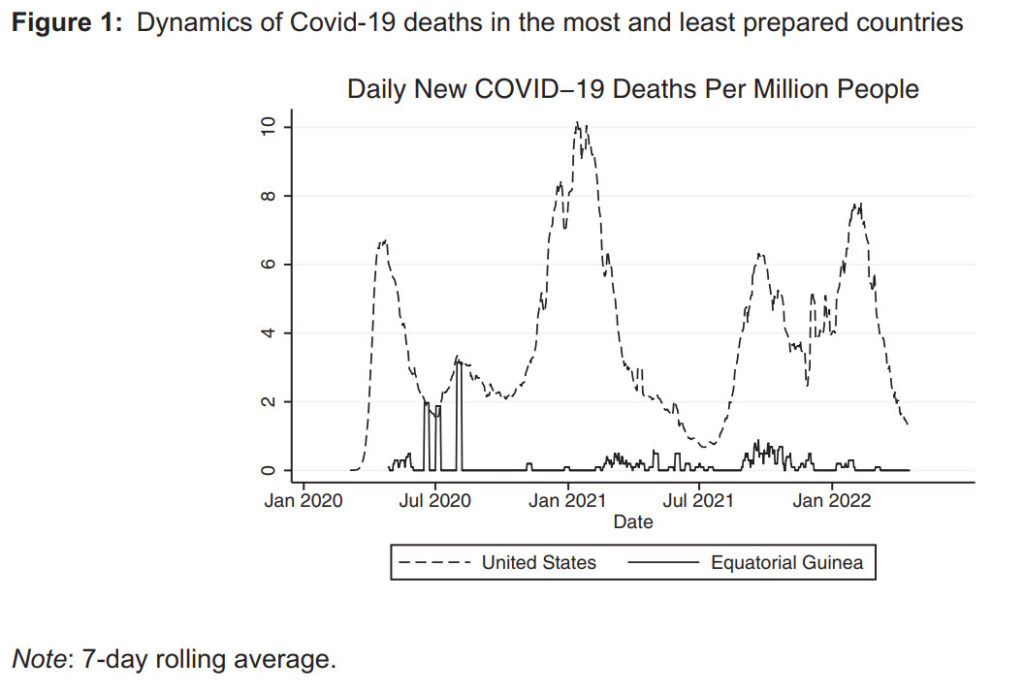The Food and Drug Administration has a rather dismal track record.
- Imposing a lengthy and expensive drug-approval process, leading to thousands of premature deaths.
- A bungled and incompetent response to
 the Covid pandemic.
the Covid pandemic. - Its regulatory assault against vaping, this increasing the risk of smoking-related deaths.
- Exacerbating the shortage of baby formula.
- Absurd and silly examples of regulatory overreach.
- Needless cruelty to people with terminal diseases.
In other words, the FDA does a bad job and thus is a typical Washington bureaucracy.
It’s also a typical bureaucracy in that it wants more power and authority.
Here are some excerpts from a column by Joel Zinberg for National Review.
…the FDA’s proposed rule…explicitly asserts its long-claimed authority to regulate laboratory-developed tests (LDTs) as medical devices. …LDTs are performed billions of times a year in approximately 12,000 CLIA certified high-complexity laboratories… Despite the FDA’s claims to the contrary, there is little evidence that LDTs are less reliable or accurate than FDA-approved tests.
And awaiting the FDA’s review and clearance of new tests can delay critical testing with disastrous results. Early in the Covid-19 pandemic, the FDA ceased its usual exercise of enforcement discretion… Unfortunately, the only EUA the FDA initially granted was for the Centers for Disease Control and Prevention’s test. Despite evidence that the CDC test was unreliable, the FDA persisted in requiring test EUAs that it seemed unwilling to grant. Testing was essentially unavailable during February 2020 as Covid-19 spread around the country.
Zinberg also explains that the FDA is ignoring the law as part of its campaign to impose billions of dollars of costs the industry.
It is doubtful that the FDA has statutory authority to regulate LDTs. The 1976 Medical Device Amendments to the FDCA do not mention laboratories, laboratory tests, or laboratory-testing services. …The FDA acknowledges that its rule will impose significant compliance costs on laboratories that offer LDTs — $35.5 billion over the multi-year phase-in and additional recurring costs of $4.2 billion — leading some laboratories to exit the market or discontinue certain LDTs they offer. Ninety percent of the laboratories offering LDTs are small businesses.
By the way, take a wild guess who will bear this multi-billion-dollar cost.
If you answer consumers, congratulations for being brighter than 98 percent of the people in Washington (admittedly that doesn’t say much).
Professor Alex Tabarrok of George Mason University was very blunt about the FDA’s proposal in a post for Marginal Revolution.
I have been warning about the FDA’s power grab over lab developed tests. Lab developed tests have never been FDA regulated
except briefly during the pandemic emergency when such regulation led to catastrophic consequences. Catastrophic consequences that had been predicted in advanced by Paul Clement and Lawrence Tribe. Despite this, for reasons I do not understand, the FDA plan is marching forward.
Actually, based on this video, I bet Professor Tabarrok does understand why FDA bureaucrats are marching forward.
But he is expressing understandable frustration that they may get away with their bureaucratic power grab.


